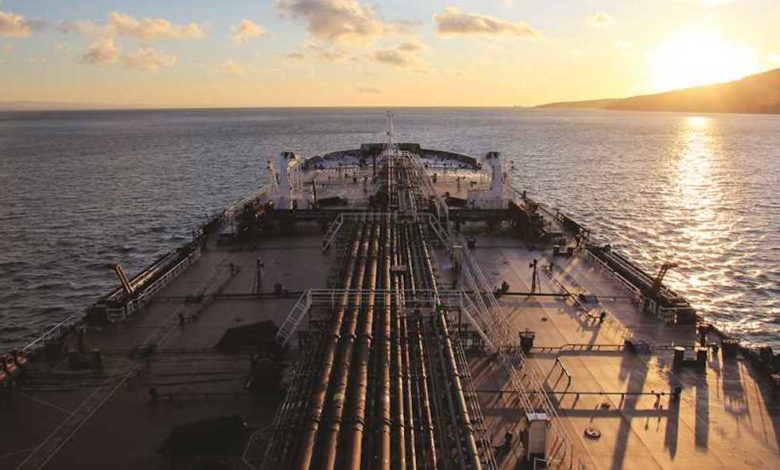Clean technology – low hanging fruit that’s ripe for the picking

Over the past 18 months, there has been an increasingly strong focus on low and zero carbon marine fuels as the primary means of reducing shipping emissions. However the shipping industry must adopt clean technologies alongside these alternative fuels to meet regulatory targets – it’s an opportunity that’s too good to pass up, argues Simon Potter, director of sustainability advisory at Houlder.
There is no doubt that marine fuels are essential to meeting decarbonisation aims. However, we must not overlook the opportunity presented by investment in the abundance of available maritime energy efficiency and renewable propulsion (clean) technologies. This technology significantly reduces fuel use, and therefore emissions and costs – today and for decades to come.
It is true that regulations such as the European Union’s Emissions Trading System (EU ETS) and proposed carbon levies from the International Maritime Organization (IMO) and International Chamber of Shipping (ICS) primarily incentivise the use of lower carbon fuels. But the reality is that carbon levies also improve the value proposition for clean technology adoption.
With the cost of EU allowances (EUAs) set to increase under the EU ETS, reducing emissions becomes more attractive than buying carbon credits. This means it is also important to revaluate the green investments assessed in the past. The chances are they could now have a strong business case, and that green funding is more readily available.
For the IMO’s carbon intensity indicator (CII) ratings which comes into force in 2023, the benefits of clean technology are well known. Everything from rotor sails and air lubrication to propellor improvements and vessel optimisation software improve vessel efficiency, and therefore the ship’s carbon intensity rating. Reducing the need to limit the engine performance – a pessimistic approach which forces the vessel to slow down, meaning that the global fleet will need to expand to deliver the same amount of goods.
Ancillary drivers such as the Poseidon Principles and Sea Cargo Charter also remain relevant, especially as they look set to tighten their targets. As regulators, financiers and charterers push for faster progress on decarbonisation, simply adopting a ‘wait and see’ approach when it comes to new-fuel solutions is not an option for shipowners and operators who need to move the dial forward. Clean technology can be used straight away to improve the efficiency and attractiveness of an asset. Companies need to think about how their environmental performance and asset value will be assessed in 10, 20, and 30 years’ time. Which means a strategy needs to be developed – starting now.
Future low and zero carbon marine fuels are undoubtedly pivotal to decarbonisation. But focusing attention on alternative fuels alone is risky, especially as these fuels will no doubt be more costly than existing ones because – unlike conventional VLFSO – new fuels will not be residual, commoditised products that have been in existence for decades. It is also increasingly clear that alternative fuels are less energy dense than current fuel, meaning the unequivocal rationale for investment in clean technologies only strengthens further; operate more efficiently, use less fuel, and thereby reduce costs.
It is often cost and time efficient to fit clean technology too, especially when compared to the installation of alternative fuel capabilities. The majority of technologies can be installed while the vessel is operational or during regular dry dock periods. This means the existing fleet can be retrofitted and decarbonised as well as newbuilds.
When assessing the myriad of available clean tech options for a vessel, owners and operators should start with the ship, not the technology being offered, look for technologies with a strong cash and carbon return on investment, and look at what technologies can be combined for the best results.
Effective decarbonisation strategies must encompass widespread considerations from regulatory requirements and environmental and social governance, to green financing, naval architecture and engineering. What’s clear is that adopting the right clean technology today makes commercial and environmental sense. It represents ‘low hanging fruit’ that’s ripe for the picking.

Good piece, but no mention of nuclear such as CORE POWER (UK) Ltd,